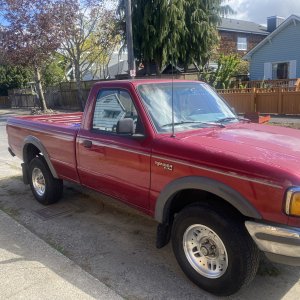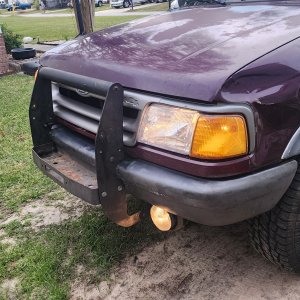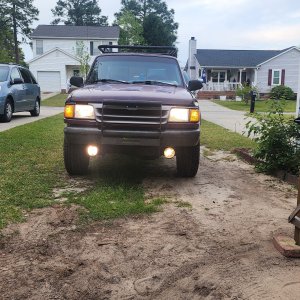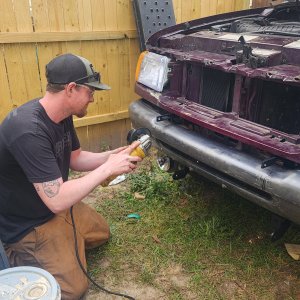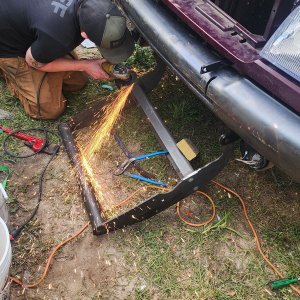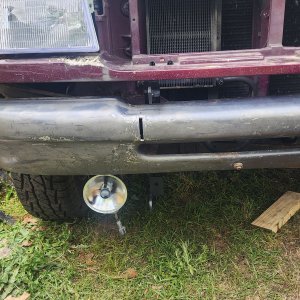- Joined
- Nov 27, 2007
- Messages
- 247
- Reaction score
- 0
- Points
- 0
- Age
- 41
- Transmission
- Automatic
after writing my post on ported vs. not i realized something. when i first wrote it i was like wait a minute, hes not gonna understand what I'm saying so i had to rewrite it without the use of technical terms.
so, this leads me to this post. here is a list of terms found when looking at audio systems and what they mean to a simple man.
Audiophile- one who loves audio stuff
AWG- short for American Wire Gage, size of wire( larger number=smaller wire)
Bass- lowest of the frequency's, usually felt and not heard on quality system
capacitor(cap or power cap)-an extra "battery" that allows an amp to draw power without causing a surge(see post #4 for more in depth description).
COAXIALS-common door speaker that features the woofer and tweeter built into the speaker
COMPONENTS-common door speakers that feature a separate woofer and tweeter to produce the sound from the receiver
HU- HEAD-UNIT, the main stereo receiver in the dash of a vehicle to control the music in the car.
COMPONENTS-common door speakers that feature a separate woofer and tweeter to produce the sound from the receiver.
Ohms-the measurement of resistance of electricity in an electronic component(ie. speaker).
also some things that differ house audio from car audio.
-most home audio runs on 8 ohms vs the 4 ohms car audio does.
this is a work in progress and if anyone has anything to add please do so as there are many knowledgeable people in this forum.
so, this leads me to this post. here is a list of terms found when looking at audio systems and what they mean to a simple man.
Audiophile- one who loves audio stuff
AWG- short for American Wire Gage, size of wire( larger number=smaller wire)
Bass- lowest of the frequency's, usually felt and not heard on quality system
capacitor(cap or power cap)-an extra "battery" that allows an amp to draw power without causing a surge(see post #4 for more in depth description).
COAXIALS-common door speaker that features the woofer and tweeter built into the speaker
COMPONENTS-common door speakers that feature a separate woofer and tweeter to produce the sound from the receiver
HU- HEAD-UNIT, the main stereo receiver in the dash of a vehicle to control the music in the car.
COMPONENTS-common door speakers that feature a separate woofer and tweeter to produce the sound from the receiver.
Ohms-the measurement of resistance of electricity in an electronic component(ie. speaker).
also some things that differ house audio from car audio.
-most home audio runs on 8 ohms vs the 4 ohms car audio does.
this is a work in progress and if anyone has anything to add please do so as there are many knowledgeable people in this forum.
Last edited:







